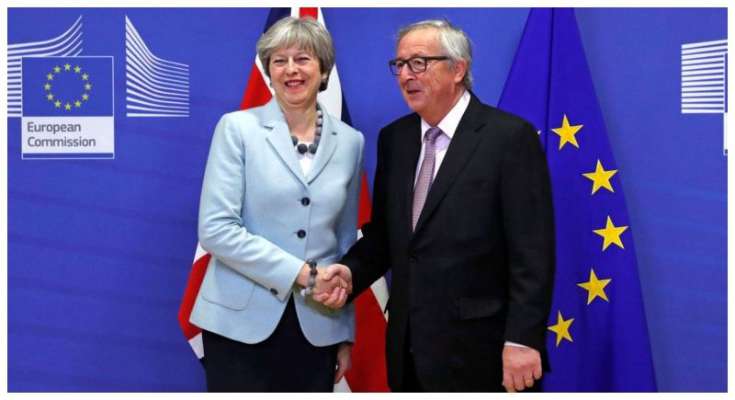The United Kingdom’s withdrawal agreement from the European Union has been approved by EU leaders. President of the European Council Donald Tusk announced that the 27 leaders of the bloc gave it their backing after less than an hour’s discussion in Brussels on Sunday.
There was no formal vote with the EU proceeding by consensus. It follows more than 18 months of negotiations between the two sides, which began when the UK triggered Article 50 in the wake of the 2016 referendum leave vote.
The UK is scheduled to leave the EU on the 29th March, 2019. The deal needs to be approved by the UK Parliament, with many MPs opposed.
The Parliament is expected to vote on the deal early next month. Prime Minister Theresa May has appealed to the public to get behind the agreement.
In a public letter, she argued that it is the best deal she could have struck and honours the result of the Brexit referendum.
Meanwhile, UK Cabinet Office Minister David Lidington, a close ally of Prime Minister Theresa May, had said that Britain and the European Union are almost within touching distance of a Brexit deal.
May’s Cabinet met for an on the talks, with the Prime Minister under pressure from pro-Brexit ministers not to make further concessions to the EU. May also faces growing opposition from pro-EU lawmakers, who say her proposed Brexit deal is worse than the status quo and the British public should get a new vote on whether to leave or to stay.
Britain wants to seal a deal urgently that Parliament has time to vote on it before the UK leaves the bloc on March 29. The European Parliament also has to approve any agreement.
Meanwhile, the European Union has published contingency plans for a “no-deal” Brexit, piling pressure on London.
In one measure, Brussels said it will offer visa-free travel within the bloc to Britons, but warned this was entirely conditional on the UK also granting reciprocal and non-discriminatory visa-free travel to EU citizens travelling to the UK.








